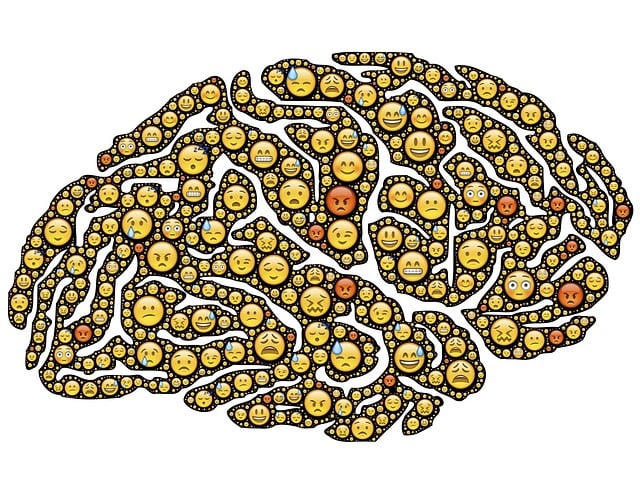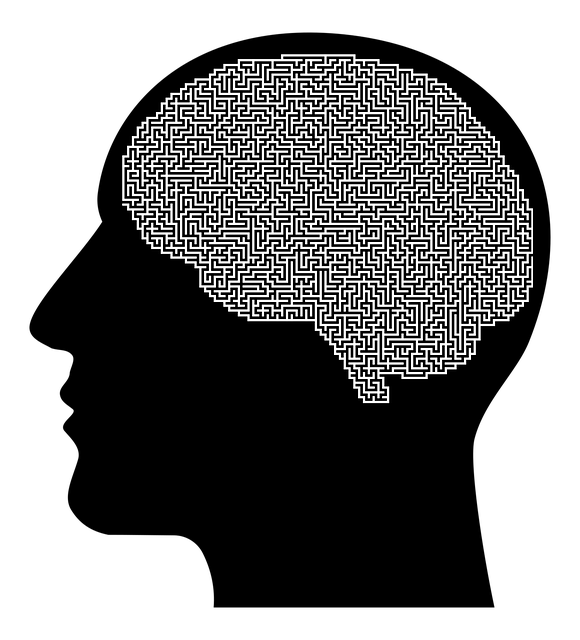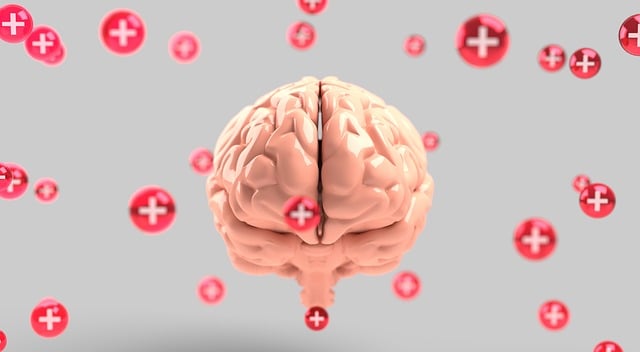Divorce profoundly impacts young adults' mental health, requiring tailored therapy for young adults divorce to manage risks and promote well-being. This includes coping mechanism development, resilience building, and addressing self-esteem issues. Integrating self-care practices like meditation and journaling, coupled with crisis intervention and risk assessment tools, empowers individuals to take charge of their emotional health. Community outreach programs and mental wellness coaching further support young adults in adopting therapy for young adults divorce strategies essential for long-term mental wellness.
Self-care practices play a crucial role in healing and growth, especially for young adults navigating the impact of divorce. This article delves into the profound effects of divorce on mental health, highlighting the importance of proactive self-care strategies. We explore practical ways to integrate self-care into daily life, emphasizing its power in fostering resilience. Additionally, we discuss the transformative potential of therapy as a tool for self-discovery and coping with divorce, offering young adults a roadmap to emotional well-being.
- Understanding the Impact of Divorce on Young Adults' Mental Health
- The Importance of Self-Care in Healing and Growth
- Practical Strategies for Integrating Self-Care into Daily Life
- Professional Support: Therapy as a Tool for Self-Discovery and Resilience
Understanding the Impact of Divorce on Young Adults' Mental Health

Divorce can significantly impact young adults’ mental health, often exacerbating existing challenges or introducing new ones. This period of transition can lead to feelings of isolation, low self-esteem, and increased anxiety or depression. Without adequate support, these issues might persist and affect their overall well-being and future prospects.
Therapy for young adults going through divorce plays a pivotal role in risk management planning for mental health professionals. It provides a safe space for them to process their emotions, build resilience, and develop effective coping strategies. Through therapy, individuals can improve self-esteem, enhance their ability to navigate life changes, and foster healthier relationships. Community outreach program implementation can further support these young adults by offering peer groups and educational resources tailored to their unique circumstances, fostering a sense of belonging and encouraging proactive mental health management.
The Importance of Self-Care in Healing and Growth

Self-care is a cornerstone in the journey towards healing and personal growth, especially for young adults navigating life’s challenges. In today’s fast-paced world, where stress and anxiety are prevalent, prioritizing self-wellness becomes even more crucial. For individuals who have experienced divorce or other traumatic life events, incorporating self-care practices can be transformative. Therapy for young adults going through such transitions often emphasizes the importance of self-nurturing as a form of crisis intervention guidance.
By engaging in regular acts of self-care, one fosters resilience building and enhances their ability to cope with stress. This might include activities like meditation, journaling, spending time in nature, or practicing hobbies that bring joy. These practices not only support mental health but also encourage individuals to develop a healthier relationship with themselves, allowing them to approach life’s hurdles with increased adaptability and emotional stability. Moreover, healthcare provider cultural competency training can play a vital role in guiding young adults towards culturally sensitive self-care strategies, ensuring their unique needs are addressed effectively.
Practical Strategies for Integrating Self-Care into Daily Life

Integrating self-care into daily life is a vital practice, especially for young adults navigating life’s challenges, such as divorce. It’s not just about taking time to relax; it’s a proactive approach to mental health and well-being. A simple yet effective strategy is to establish a consistent routine that prioritizes personal care. This could involve setting aside dedicated time each day for activities like meditation, exercise, or journaling—all of which have been shown to reduce stress and improve mood. Incorporating these practices into your schedule ensures you’re taking care of your mental health proactively, even amidst life’s transitions or crises.
Therapy can also play a significant role in enhancing self-care practices, especially for those dealing with the impact of divorce. Crisis intervention guidance offered by therapists helps individuals develop coping mechanisms and fosters resilience. Additionally, risk assessment tools used by mental health professionals can aid in identifying potential issues early on, enabling individuals to implement targeted strategies for better self-care. These professional supports empower young adults to take charge of their well-being and create a healthier, more balanced life.
Professional Support: Therapy as a Tool for Self-Discovery and Resilience

Many young adults find themselves navigating life’s challenges and transitions post-divorce, and therapy can serve as a powerful tool for self-discovery and building resilience. Professional support through therapy provides a safe and non-judgmental space for individuals to explore their emotions, thoughts, and behaviors. This is especially beneficial during difficult life periods like divorce, where one might experience a range of feelings, from grief and anger to confusion and fear about the future.
Therapy offers structured self-awareness exercises that help young adults make sense of their experiences, develop coping strategies, and cultivate mental wellness. By engaging in therapy, individuals can gain valuable insights into their personal strengths and resources, enhance problem-solving skills, and build a foundation for long-term resilience. Additionally, public awareness campaigns development and the integration of mental wellness coaching programs can further support this demographic in embracing self-care practices as integral parts of their lives.
In light of the profound impact divorce can have on young adults’ mental health, adopting effective self-care practices is essential for healing and growth. By understanding the significance of self-care and implementing practical strategies, individuals can navigate their journey with resilience. The article has explored key aspects, including the benefits of therapy as a powerful tool for self-discovery and coping with divorce. Embracing these insights empowers young adults to prioritize their well-being, fostering both personal growth and long-term mental health stability. For those struggling, seeking professional support through therapy tailored to their needs can be a transformative game-changer.










